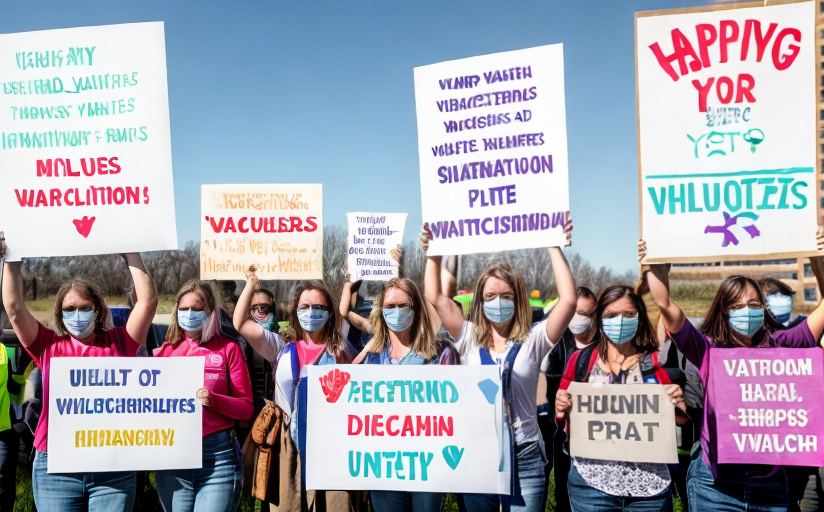An In-Depth Analysis on the Anti-Vaccination Movement
The anti-vaccination movement, largely spearheaded by individuals skeptical of established medical practices, has been gaining momentum globally with potentially serious consequences on public health.
Origins of the Anti-Vaccination Movement
The roots of the anti-vaccination movement can be traced back to the Romantic period in the 18th and 19th centuries when some health reformers started questioning medical authority. With advances in technology, anti-vaccine sentiments have found a receptive audience in the age of social media.
Beliefs and Motivations of Its Proponents
Anti-vaccination proponents typically cite perceived vaccine side effects, argued infringement on personal liberty and lack of trust in pharmaceutical companies as reasons for their stance. However, these concerns are largely debunked by numerous scientific studies and statistical evidence.
Impact on Global Public Health
The refusal to vaccinate hampers efforts to control or eliminate vaccine-preventable diseases, leading to outbreaks and death. The World Health Organization lists vaccine hesitancy as one of the top ten threats to global health.
The Role of Misinformation
Misinformation and widespread fear, especially propagated through social media, have contributed significantly to the growth of the anti-vaccine movement. The unsubstantiated link between MMR vaccine and autism is an infamous example.
Influence on Health Policies and Immunization Practices
Resistance towards vaccination has influenced policy-making, with countries implementing various mandates trying to balance public health and individual rights. Immunization practices have been adapted to enhance community trust and vaccine uptake.
Efforts to Counter the Anti-Vaccine Movement
The scientific community, health Care organizations and governments have engaged in widespread information campaigns, evidence-based policy-making and direct interactions to combat vaccine hesitancy and promote their safety and efficacy.
Future Developments, Challenges and Mitigation Strategies
As the controversy continues, future challenges lie in separating fact from fiction and mitigating hate speech. Stringent laws, science communication, open dialogues, and debunking misinformation are requisite strategies to mitigate this issue.
Conclusion
The anti-vaccination movement is a complex issue fueled by misinformation and fear. However, with collective efforts of health organizations, governments, public, and the scientific community, the damaging effects of the movement can be controlled and mitigated.

















Comments
Leave a Comment